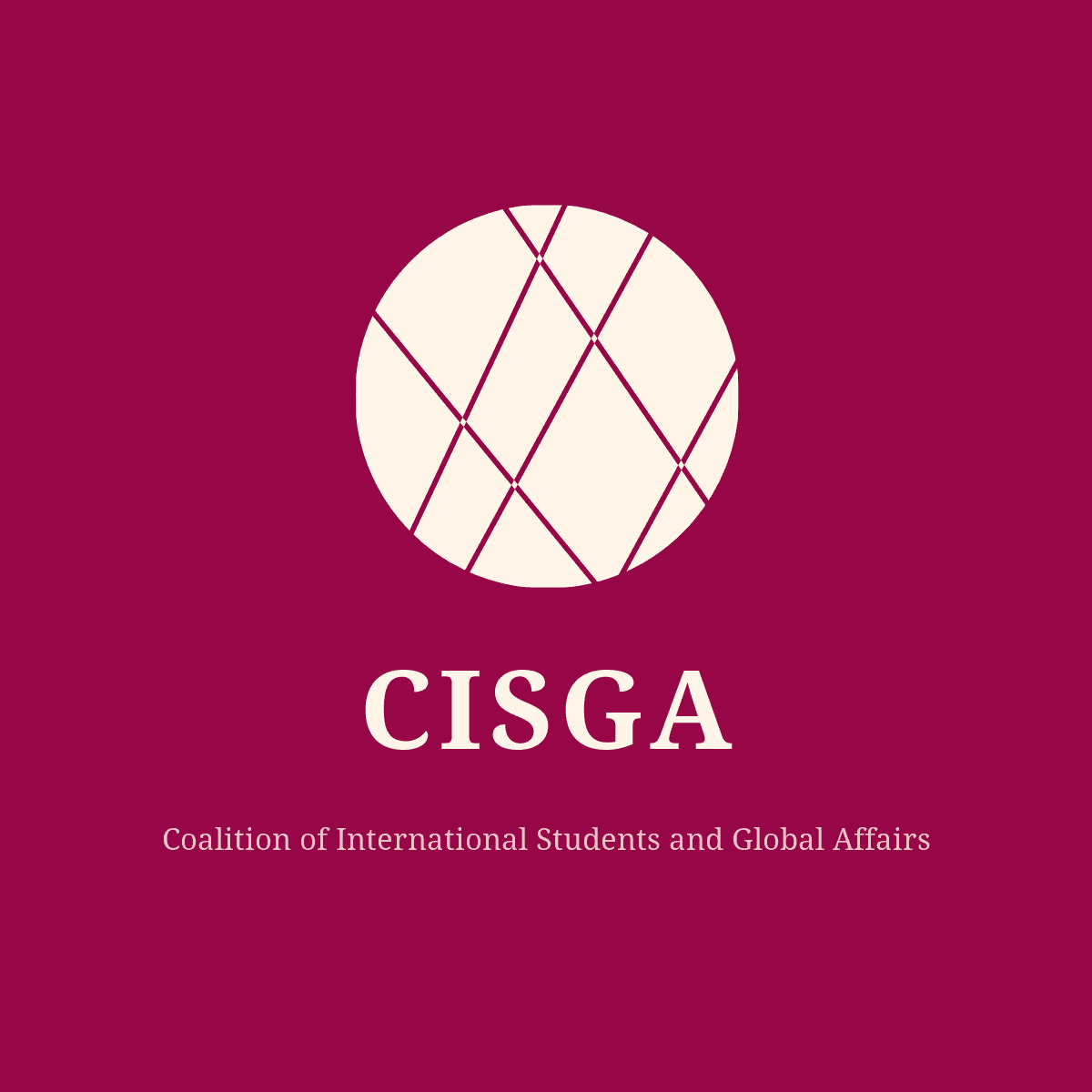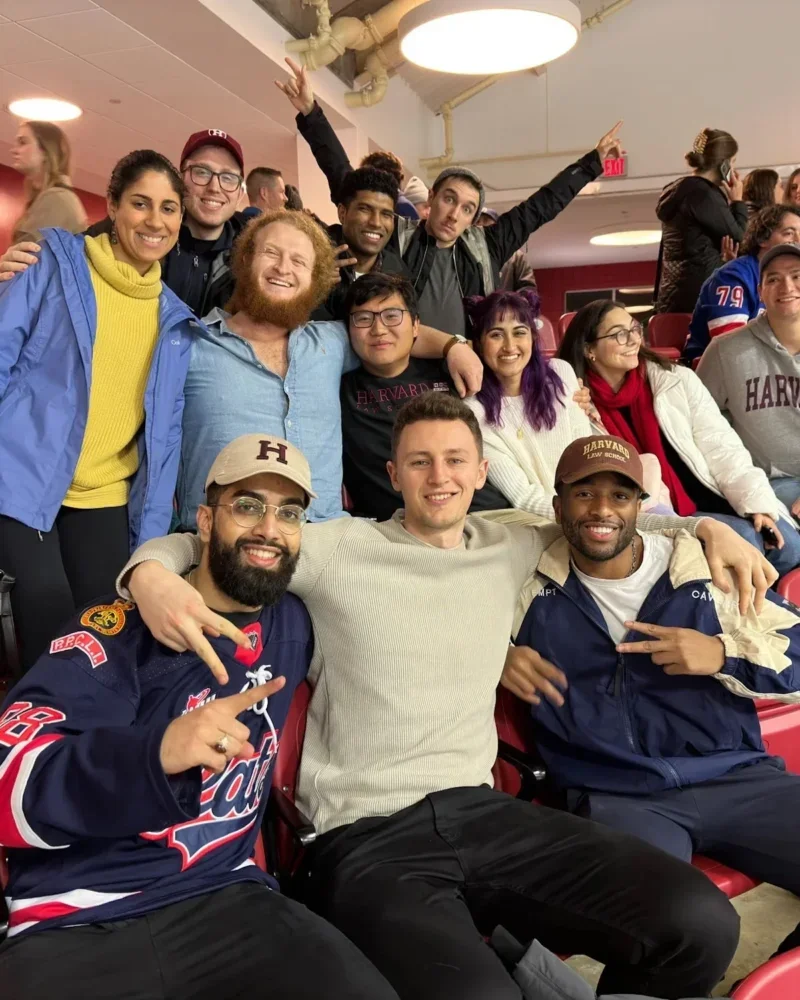International students are a valuable part of the Harvard Law School community. Together with the Graduate Studies program, the HLS community typically includes students from over 70 countries.
In addition to having a globally minded community, the Harvard Law J.D. degree program is one of the most internationally renowned and respected programs in the world. The J.D. degree provides an education in U.S. law, allowing graduates to practice as lawyers in the United States. Harvard Law School also offers a comprehensive curriculum in international law. Our International Legal Studies program provides resources and information about course work on campus, as well as work and research opportunities abroad.
We hope the resources and stories from our international community will provide guidance as you navigate the law school admissions process.
Application Considerations
Our admissions decisions are based on the Admission Committee’s experienced judgment applied to individual cases, and many factors are considered. The chances of admission for international and internationally educated prospective students are equivalent to those for domestically educated students. A student’s immigration status does not impact admission decisions or financial aid eligibility at Harvard Law School. Our application components and standards for admission remain consistent for all applicants, regardless of their citizenship status.
Foreign Transcript Evaluation
J.D. Applicants: When you submit your application, LSAC provides a complete translation and summary of your transcript along with the original copy. They evaluate your transcript and convert your GPA to its U.S. equivalent. This conversion is based on U.S. letter grades rather than a 4.0 scale. This process offers us a comparative scale to effectively review your GPA and course history.
Junior Deferral Program (JDP) Applicants: Please adhere to the specific instructions found on the JDP application. If your transcript is not in English, you will need to provide an official translation.
Language Testing
Please note that language testing is not a required as part of the application. The Admissions Committee seeks to assess English language comprehension through prior coursework, standardized tests, and other required.
J.D. Admissions Events
The J.D. Admissions Office typically organizes opportunities for international students to learn more about the application process. Please check our scheduled programming on the Connect with Admissions page to find out when the event for international students will take place.
Harvard Community & Resources

Coalition of International Students for Global Affairs
The Coalition of International Students and Global Affairs (CISGA) exists to (1) improve student life for international students at HLS and (2) advocate for international students, resources, and opportunities at Harvard Law School.

Two Canadian Students’ Path to Harvard Law
Meet Hussain and Mike, two Canadian citizens. Their experiences provide honest and helpful insights for those considering a legal education in the United States.
-
![]()
Harvard International Office
The Harvard International Office (HIO) offers services to international students and scholars at Harvard and provides information relevant to the spouses, partners, and children that may accompany them. HIO provides information on a wide range of topics, including immigration issues, financial questions, social and cultural differences, and resources at Harvard and in the community.
-
![]()
International Legal Studies
In a typical year, more than 170 HLS students work, study, or conduct research abroad in more than 45 countries, supported by an array of resources including research centers and the world’s largest academic law library, and utilizing specialized frameworks and fellowship programs. The International Legal Studies office is dedicated to facilitating these opportunities.
The Graduate Program
The Graduate Program attracts lawyers of demonstrated intellectual and academic excellence from all over the world. The LL.M. and S.J.D. programs expose students to American modes of legal education (which emphasize critical thinking and self-inquiry) as well as to substantive law, and enhance our students’ ability to do advanced scholarly work.

